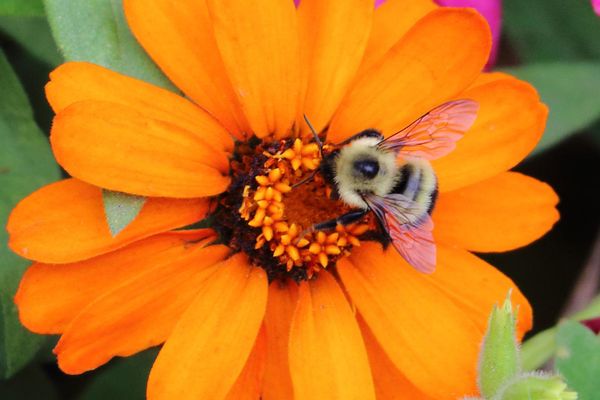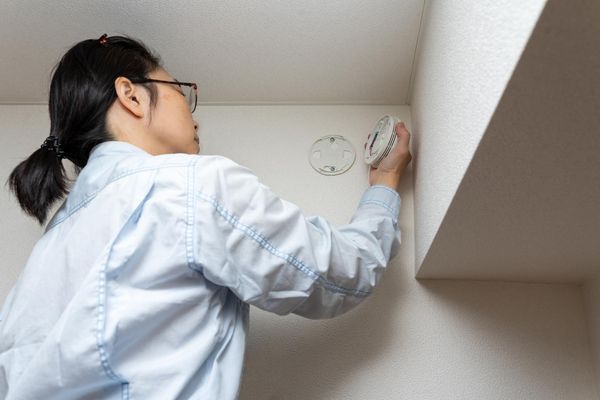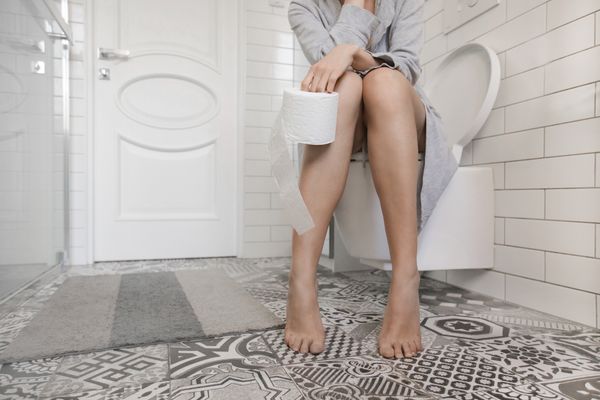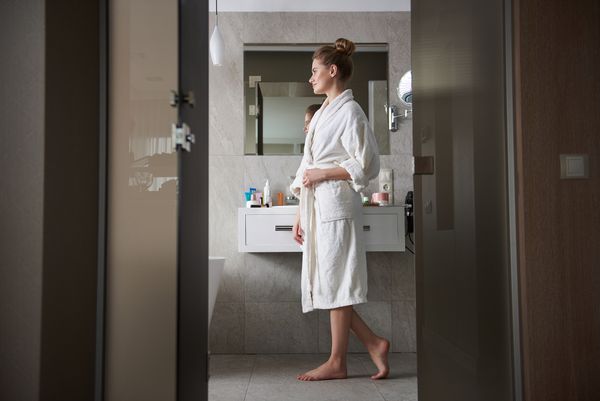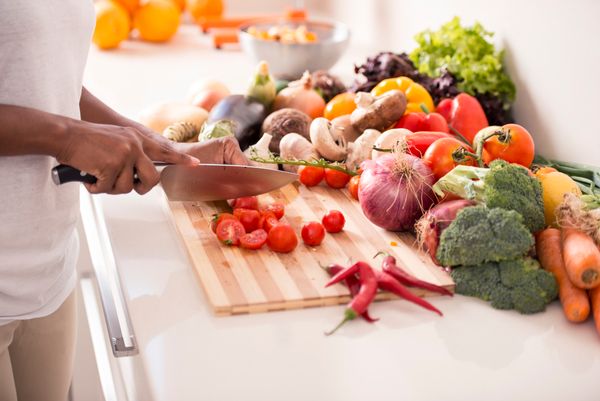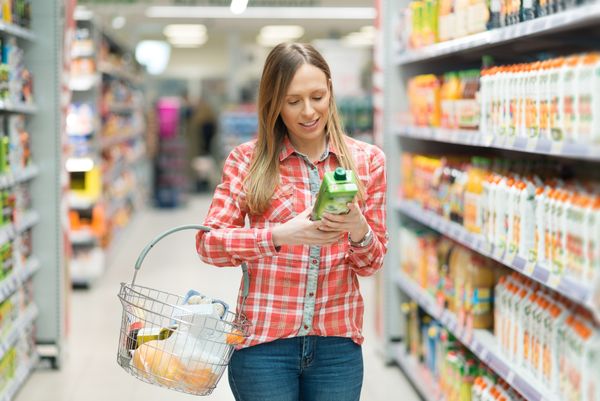Want to lower your bills and help save the world from a water shortage (predicted to affect 36 states by 2013)? According to the EPA, Americans use an average of 100 gallons of water each day - enough to fill 1,600 drinking glasses. Minor changes today can have big benefits later.
1. Fix leaks. Nationwide, more than 1 trillion gallons of water leak from U.S. homes each year, according to the EPA.Click herefor how-to resources.
2. Shut the water off when brushing your teeth. Instead of leaving the water running with brushing, why not turn it off until its time to rinse and save 8 gallons per day.
3. Shorten your shower. According to the EPA, A full bathtub can require up to 70 gallons of water, while taking a 5-minute shower uses only 10 to 25 gallons.
4. Use your dishwasher. Despite what you might think, using your dishwasher actually saves more water then hand-washing dishes (if you skip rinsing and only run full loads), especially if it's an Energy Star model. For an added eco-bonus, turn off the dry option.
5. Shop smart. If you're renovating your kitchen or bath, or just upgrading old appliances and fixtures, look into low flow and energy-efficient options (toilets, faucets, showerheads, washing machines) labeled with the government's WaterSense stamp.
6. Water your lawn on dreary days when the sun isn't likely to evaporate the water as quickly.
7. Don't run the water. Instead of running the faucet to get cold water, save gallons by putting it in a pitcher and letting it cool in the fridge.
8. Don't over-water or over-fertilize your lawn. If you can see your footprints in the grass, it's time to water, otherwise it can probably wait. And over-fertilizing will increase your lawn's need for water, according to the EPA.
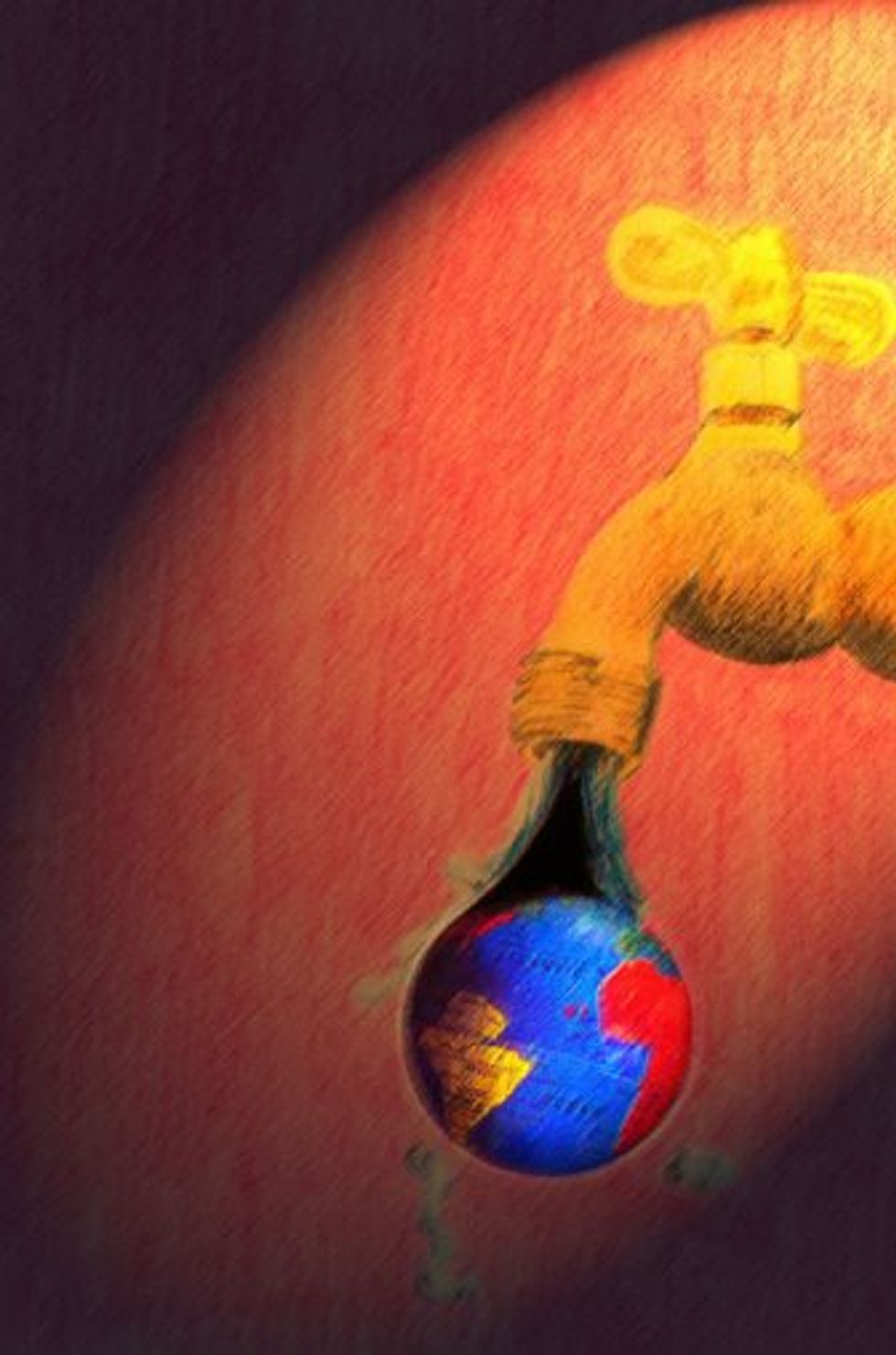
Green Home: 8 Tips for Saving Water (so you'll have some to drink later)
Apr 14, 2009
Nov 16, 2020
Lifestyle
